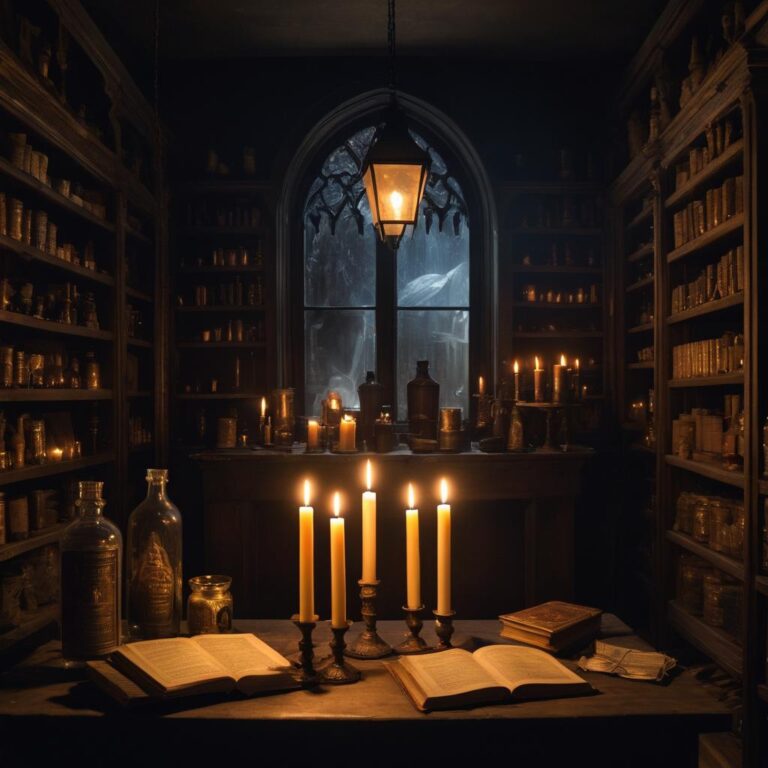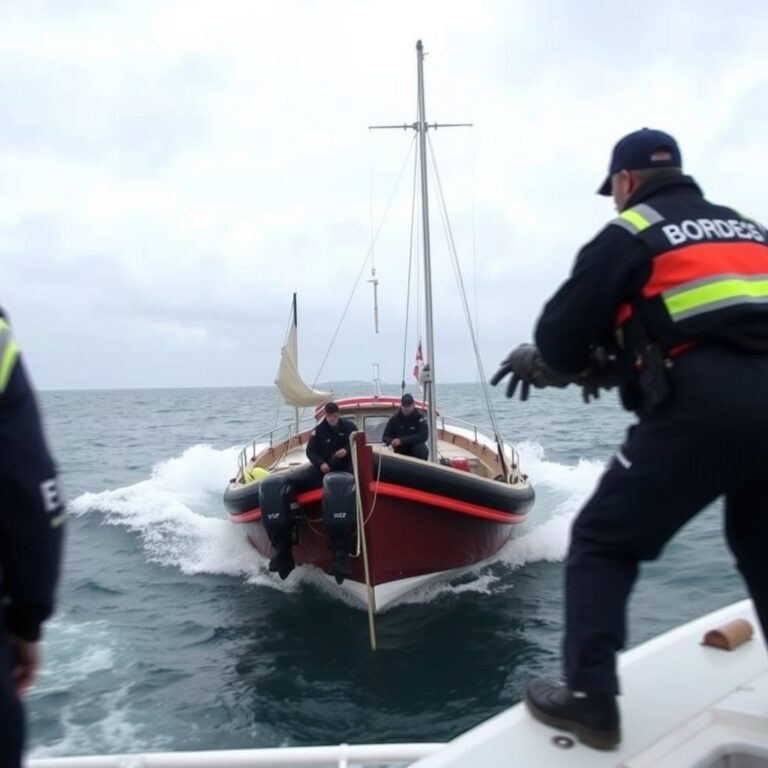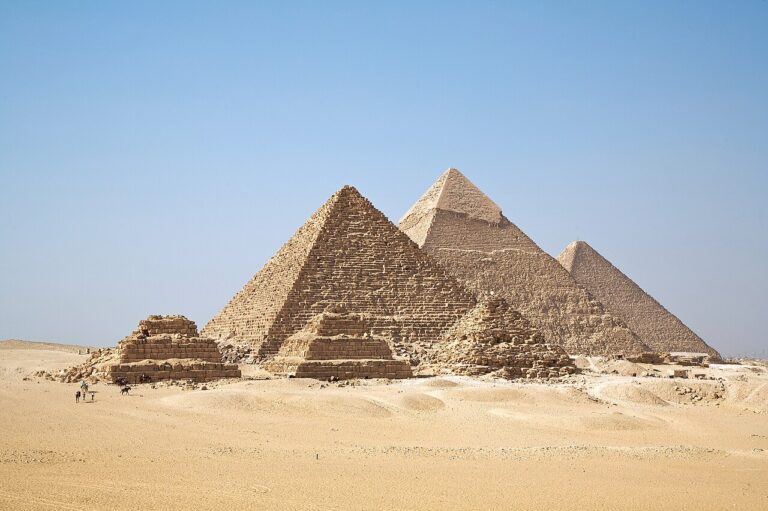
The Pope’s Health Crisis: A Catalyst for Vatican Succession and Global Religious Shifts
The recent hospitalization of Pope Francis, combined with his advanced age and chronic health conditions, has sparked widespread concern about his ability to continue leading the Catholic Church. While the Vatican has reported that the Pope is responding positively to treatment for pneumonia and bronchitis, the prolonged nature of his illness has raised questions about the future of papal leadership and the potential for a succession crisis. This article explores the possible implications of Pope Francis’ health challenges, including the potential for a conclave to elect a new pope, the impact on the Church’s reform agenda, and the broader geopolitical and religious ramifications of a transition in Vatican leadership.
As we ponder the future of the Catholic Church, we are compelled to ask: What does the future hold for the Church if Pope Francis is unable to continue in his role? Will the Church’s progressive reforms be continued or rolled back by his successor? How will the global Catholic community respond to a potential shift in the Church’s direction? These questions underscore the significance of the Pope’s health crisis and its potential to reshape the Church’s trajectory.
The Vatican’s response to the Pope’s health crisis has been marked by a mix of transparency and secrecy. On one hand, the Vatican has provided regular updates on the Pope’s condition, reassuring the public that he is receiving the best possible care. On the other hand, the Vatican has been tight-lipped about the Pope’s long-term prognosis and the potential implications for the Church’s leadership. This has led to speculation about the possibility of a succession crisis and the potential candidates to succeed Pope Francis. Who will be the next pope, and how will they shape the Church’s future? Will the College of Cardinals choose a candidate who will continue Pope Francis’ reform agenda, or will they opt for a more conservative approach?
The Pope’s health crisis has also raised questions about the Church’s governance structure and the role of the College of Cardinals in electing a new pope. The College of Cardinals is composed of senior bishops from around the world, and they will play a crucial role in determining the Church’s future direction. How will the College of Cardinals balance the competing interests and ideologies within the Church, and what will be the criteria for selecting the next pope? Will the Cardinals prioritize continuity with Pope Francis’ reforms, or will they seek to chart a new course for the Church?
In analyzing the potential implications of the Pope’s health crisis, it is essential to consider the broader geopolitical and religious context. The Catholic Church is a global institution with over 1.3 billion adherents, and its leadership plays a significant role in shaping international relations and global governance. How will the Pope’s health crisis impact the Church’s relationships with other faith communities and its engagement with global issues such as climate change, poverty, and social inequality? Will the Church’s next leader be able to build on Pope Francis’ legacy of interfaith dialogue and social justice advocacy, or will they adopt a more insular approach?
To better understand the potential implications of the Pope’s health crisis, it is helpful to examine the experiences of other global religious leaders who have faced similar challenges. For example, the election of Pope Benedict XVI in 2005 marked a significant shift in the Church’s direction, with the new pope adopting a more conservative approach to doctrine and governance. What lessons can be learned from this experience, and how might they inform the Church’s response to the current crisis?
In conclusion, the health crisis of Pope Francis has brought the issue of Vatican succession to the forefront of global attention. While the Pope’s recovery is still possible, the uncertainty surrounding his condition has raised important questions about the future of the Catholic Church. As the world waits for updates on the Pope’s health, the stakes for the Church and its global influence have never been higher. What will be the ultimate outcome of this crisis, and how will it shape the Church’s future? Only time will tell, but one thing is certain: the Catholic Church is at a crossroads, and the choices it makes in the coming months and years will have far-reaching implications for the global community.







As I reflect on the recent news about the UK’s efforts to broker a ceasefire agreement between Ukraine and the US, and Sir Keir Starmer’s role in mending the Trump-Zelensky relationship, I am reminded of the complexities of global politics and the delicate balance of power. Similarly, the health crisis of Pope Francis has sparked concerns about the future of the Catholic Church, and I find myself pondering the potential implications of a succession crisis. As someone who has worked in the field of international relations, I have seen firsthand the impact that leadership transitions can have on global affairs. I wonder, will the College of Cardinals prioritize continuity with Pope Francis’ reform agenda, or will they seek to chart a new course for the Church? And how will this decision affect the Church’s relationships with other faith communities and its engagement with global issues, especially in light of today’s events, where diplomacy and cooperation have led to significant breakthroughs? Can the Church learn from the successes of international diplomacy, such as the UK’s efforts in Ukraine, and apply these lessons to its own governance and relationships with other faith communities?
Oof, Southern African forces pulling out of DR Congo… sounds like someone’s having a *really* bad week. At least they’re getting some experience with rapid retreats! Speaking of rapidly evolving situations, I was just reading about “The Emerging Copyright Crisis in AI” – it makes you wonder if future peacekeeping operations will be handled by AI generating plausible escape routes, and *then* claiming copyright on the whole ordeal! As a former digital forensics analyst (spent years untangling IP ownership issues), I’ve seen how messy things can get. Given the potential for chaos in both situations – Congolese conflict and AI-generated content – is it possible we’ll see some unforeseen synergy between them?
Reading about Pope Francis’ health crisis, I couldn’t help but wonder if the Vatican has a ‘Pope Emergency Kit’ stashed somewhere, complete with a white robe, a mitre, and a ‘How to Lead 1.3 Billion Souls for Dummies’ guide—though, as a writer, I’d probably just overthink the papal job description and end up drafting a resignation letter before even starting.
**”Ah, Clayton, my friend, your mind is a wild jungle gym of speculative chaos, and I love it! But while you’re out here suggesting AI might copyright escape routes for peacekeepers, I’m over here nostalgically pining for the days when the biggest tech debate was whether Clippy the Paperclip was helpful or just a passive-aggressive office menace. Simpler times, eh?
That said, I gotta disagree with your synergy theory—unless we’re talking about the *synergy* of my old dial-up internet and a desire to throw my computer out the window. Chaos in DR Congo and AI copyright? That’s like comparing a banana peel slip to a full-blown circus act. One’s tragic, the other’s just lawyers arguing over who owns the word ‘banana.’
Elliana’s point about ethics hits harder for me. Remember when ‘going viral’ just meant your embarrassing home video aired on *America’s Funniest Home Videos*? Now it’s ransomware and data breaches. Progress, huh? Maybe we *do* need AI—not to copyright war strategies, but to bring back the wholesome chaos of early 2000s internet. Pope Francis, if you’re reading this, bless our collective nostalgia and save us from this digital rodeo. Amen.”**